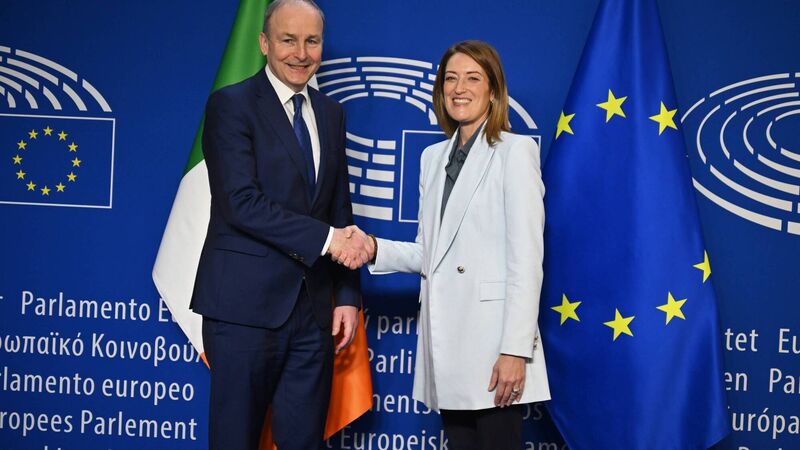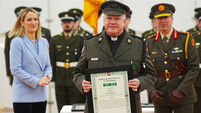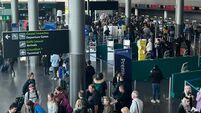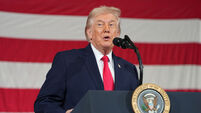Taoiseach assures Europe Ireland is already increasing defence spending

Taoiseach Micheál Martin (left) meets the President of European Parliament (EP) Roberta Metsola (right) in Brussels. Photo: Dursun Aydemir/Anadolu via Getty Images
Ireland is already on a program of increased expenditure of defence and security amid increasing security threats from Russia, the Taoiseach has said.
Micheál Martin was in Brussels meeting with President of the European Council, Antonio Costa, where he discussed the issue of European Security and Defence, EU-UK relations and Ireland taking over the presidency of the European Council in July 2026.














